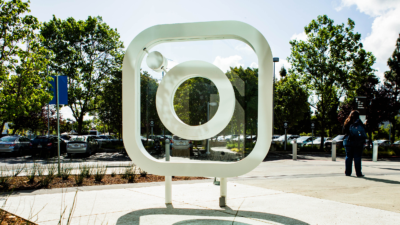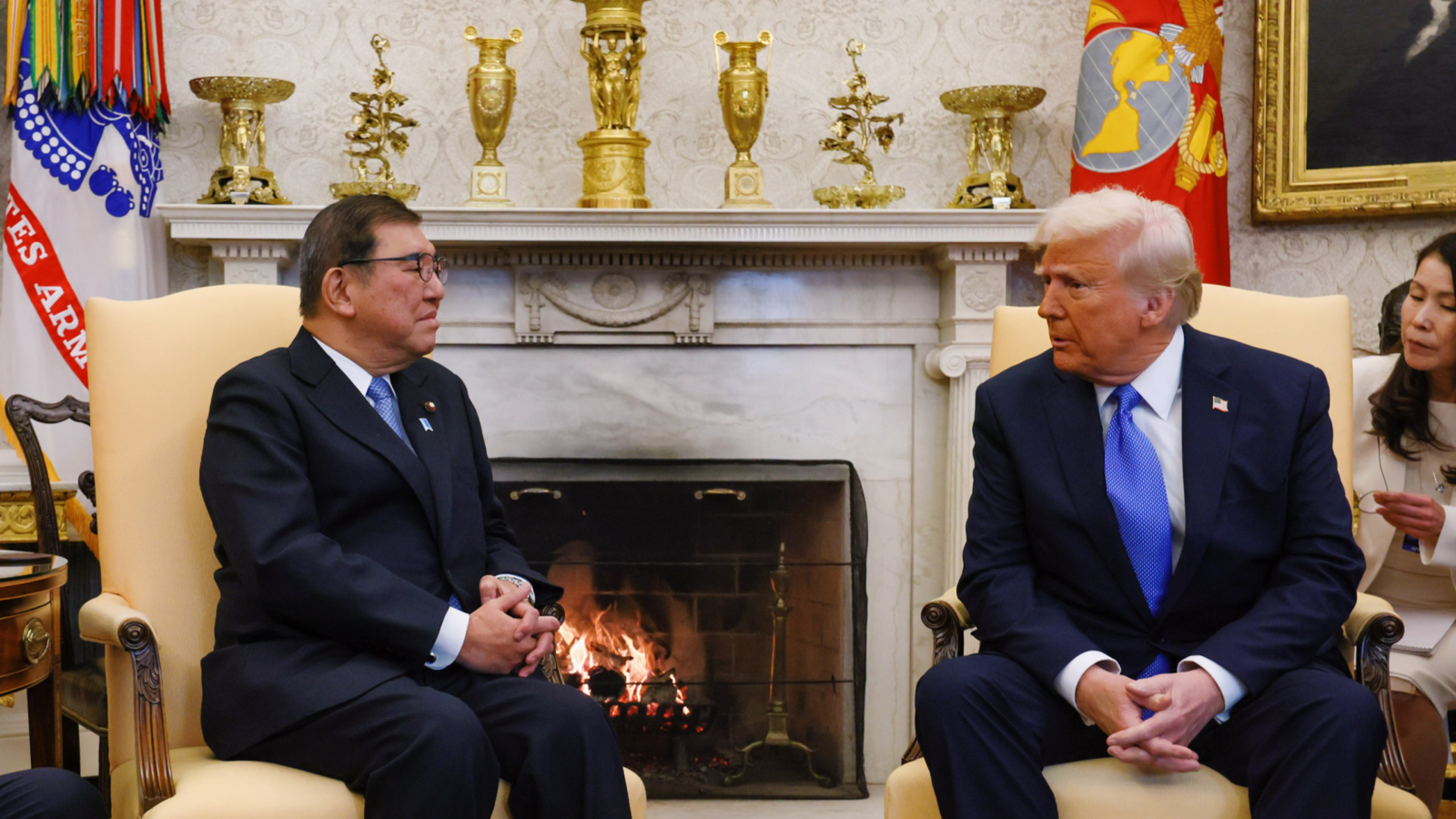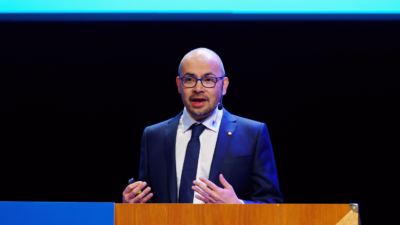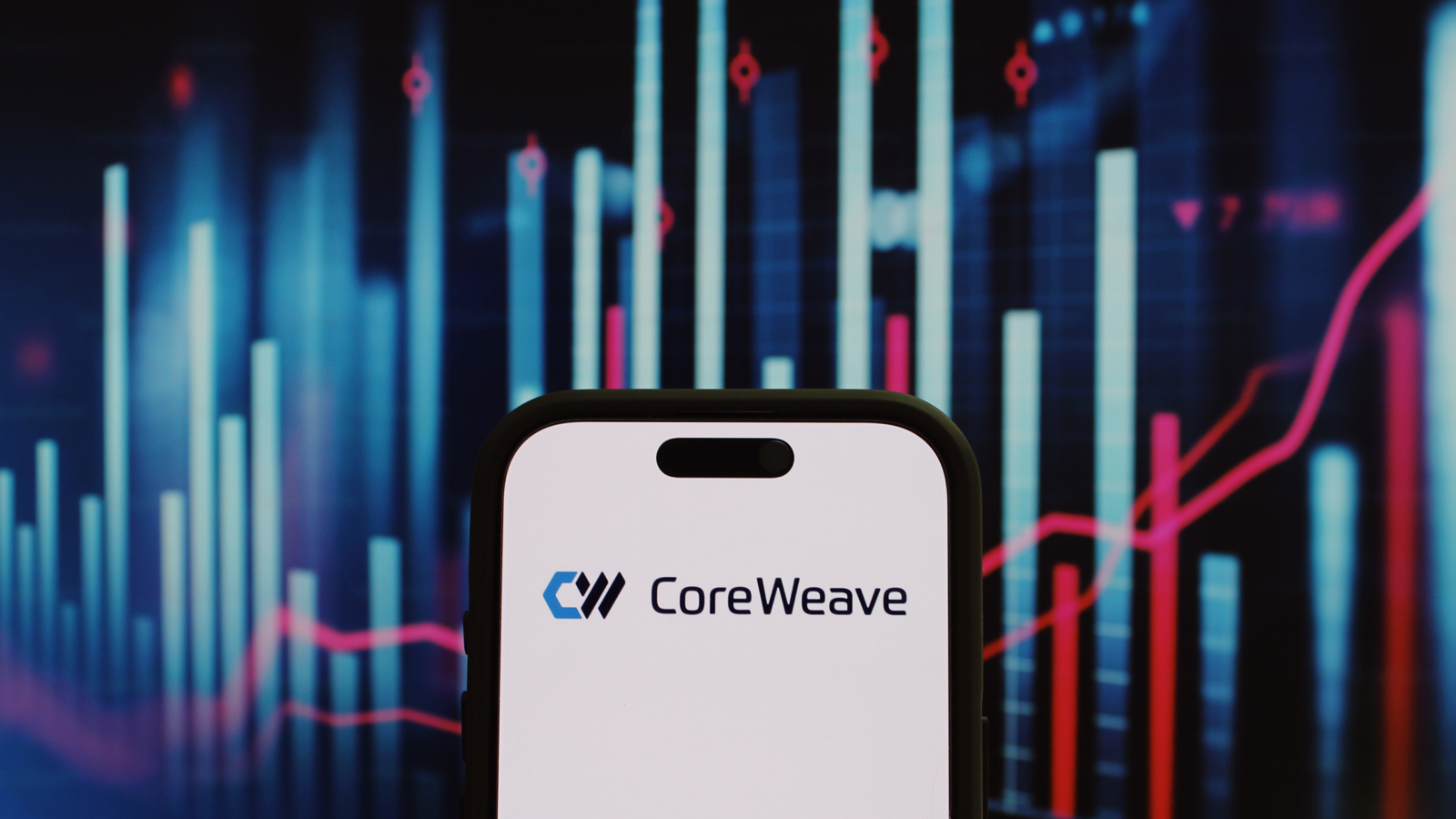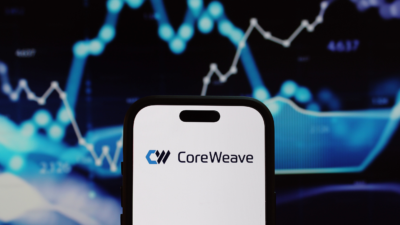Big Tech Wants to Settle the ‘Fair Use’ AI Question Once and For All
Several years into the great AI revolution, it still remains an unsettled question whether firms are committing mass copyright infringement.

Sign up for smart news, insights, and analysis on the biggest financial stories of the day.
All is fair in love and war, but Big Tech fears fair use, at least as currently constituted.
Back in February, the White House put out a call for public comment on its forthcoming “AI Action Plan,” which seeks to finally lay out broad-based rules for how the industry should operate. The deadline for comment passed on March 13, and last week, major industry players began publishing their comments online — with major figures embarking on a public lobbying tour of sorts. Central to the AI industry’s hopes: settling the “fair use” question over employing copyrighted material to train AI models in their favor, once and for all.
Copy Cats
We’re now several years into the great AI revolution, and it remains an unsettled question whether firms are committing mass copyright infringement by injecting boatloads of unlicensed content into their AI training models. A handful of lawsuits that could provide some legal clarity — such as the New York Times’ case against OpenAI and Microsoft — are still trudging through the system, and the cases that have been settled are relatively narrow in scope.
Thus far, the move-fast-and-break-things ethos of Silicon Valley is, perhaps predictably, winning in internal debates inside big tech firms; recently unsealed court filings in a lawsuit by a group of authors against Meta, for instance, revealed that the Facebook parent dodged the licensing quandary entirely by simply torrenting millions of books off of the piracy platform Library Genesis, or LibGen.
Before the legal system settles fair use one way or the other, Big Tech is hoping the Trump administration’s AI Action Plan can provide clarity. As it argues its case, the industry has settled on familiar reasoning: If the US settles the fair use question in favor of publishers and content copyright holders, it would risk buoying Chinese competitors who largely are unburdened by IP concerns. So just how big of an advantage do Chinese AI firms, such as DeepSeek, really have?
- “American companies still maintain the lead in algorithmic innovation and computing resources, especially given recent export controls,” Dev Nag, CEO of AI-powered automated response platform QueryPal, told The Daily Upside. “But [China’s relatively lax copyright restrictions] create a compounding advantage for nations which don’t force their companies to operate in perpetual legal limbo.”
- Still, there is a third way that’s been explored elsewhere around the world; both Hong Kong and the European Union have found a middle ground, ruling copyrighted material fair use for AI training, but allowing copyright holders to “opt out” if they don’t want their material used for said training.
Howdy, Partner: In its action plan proposal to the US government, OpenAI didn’t just call for certitude in the fair use debate — it proposed forming a voluntary partnership with the Department of Commerce under a framework similar to the one the DoC has with utility companies. That could exempt the company not just from copyright litigation, but also from certain state-level laws, such as those intended to “protect consumers against harm from [AI-driven] ‘consequential decision making’” in processes such as “bank loan approvals or access to legal services,” Yelena Ambartsumian, founder and attorney at Ambart Law, told The Daily Upside.



